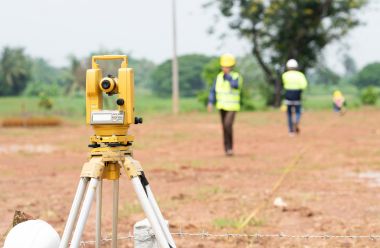With a deep understanding of your business alongside clear and honest communication, we help clients face challenges fearlessly.
Contact us today to learn more about our services and how we can help drive solutions.
Texas Legislative Update: Impact of the 86th Session on Texas Real Estate
August 22, 2019
The 86th Texas Legislature concluded on May 27, 2019, gaveling out on a significant session for the Texas real estate industry. New legislation touches various aspects of the commercial real estate development process, such as permitting fees, rollback tax liability and use of certain building materials. Of the many real estate-focused laws passed this session, real estate developers and builders should pay particular attention to the five new laws set forth below.
Here is what developers and builders should know:
1. HB 1743 – Rollback Taxes – When agricultural land changes to a non-agricultural use, the property owner who enacts this change will be subject to rollback taxes. Prior to the enactment of this law, the rollback tax is due for each of the previous five years in which the land maintained the agricultural exemption, this new law reduces the lookback period from five to three years and reduces the interest due from 7% to 5%. This could result in cost savings for developers for projects in Texas where an “ag exemption” can be maintained and change in use delayed until on or after September 1, 2019. This law is effective on September 1, 2019.
2. HB 2439 – Governmental Prohibition on Limiting Certain Building Materials – HB 2439 restricts governmental authorities (city and county) from prohibiting or limiting the use of building products or materials of a residential or commercial structure if the building product or material is approved for use by a national model code published within the last three code cycles. There are some exceptions- so for more information see full bill text HERE. This law is effective September 1, 2019.
3. HB 852 – Building Permit Fees – This law prohibits the amount of the building permit or inspection fees from being based on the value of improvements or cost of improvements. See full bill text HERE. This new law was effective immediately.
4. SB 1510 – Rough Proportionality – This new law makes counties subject to existing rules requiring municipalities to apportion costs of development-related public infrastructure so that a developer’s share of the costs is not more than a “roughly proportionate” amount. A developer should only be liable for the portion of costs of county infrastructure improvements up to the engineer prepared estimate obtained by the County of the proportion of the costs of infrastructure improvements for the development. See full bill text HERE. This new law was effective immediately.
5. HB 2899 – Liability Arising from Plan Defects – A contractor entering into a contract with a governmental entity is not liable for accuracy, adequacy, sufficiency, suitability or feasibility of any project specifications if caused by (1) a defect in project specifications, or (2) errors, omissions or negligence of the governmental authority or any third party retained by the governmental entity in conducting its professional duties arising out of, or related to, the project specifications. See full bill text HERE. This new law was effective immediately.



